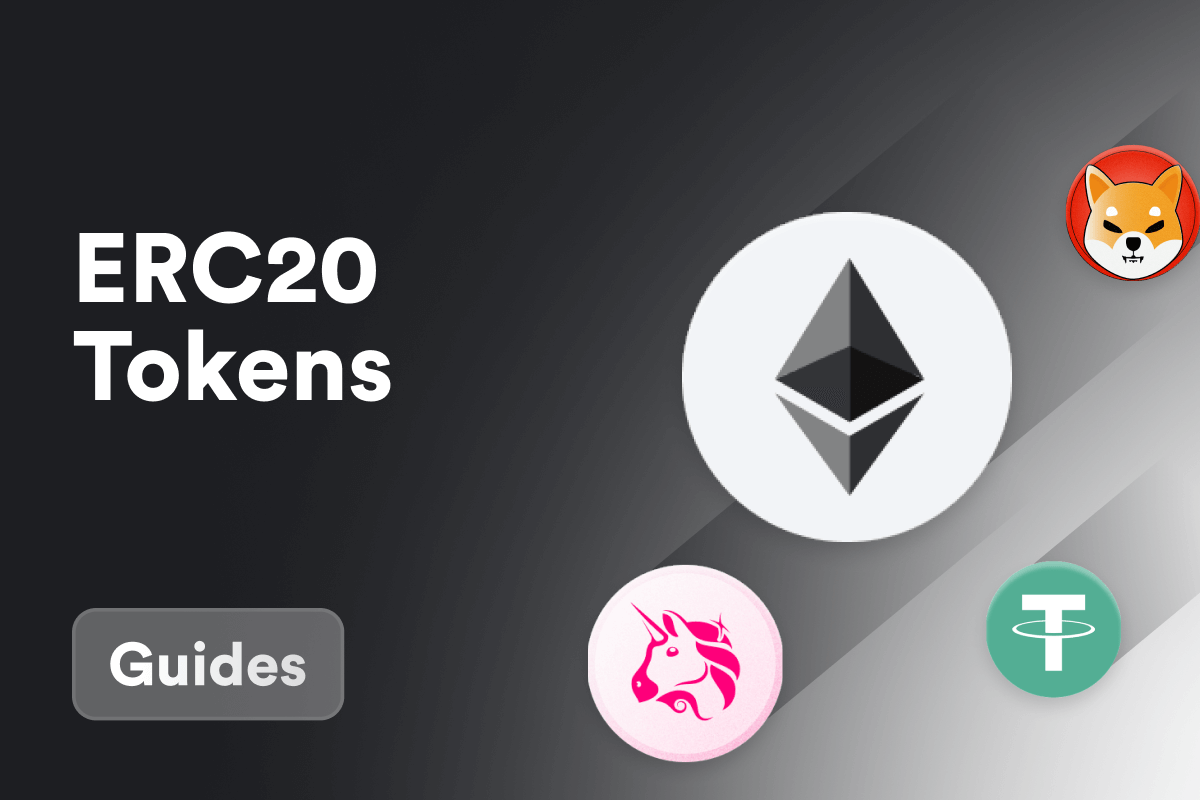
What Is PYUSD?
PYUSD is a stablecoin developed by PayPal, designed to maintain a stable value by being pegged to the US dollar. It offers users a secure and efficient way to conduct transactions within the PayPal ecosystem and beyond. PYUSD is built on blockchain technology, ensuring transparency and security. This stablecoin can be used for everyday purchases, peer-to-peer transfers, and as a store of value. By integrating PYUSD, PayPal aims to enhance the digital payment experience and broaden the adoption of cryptocurrencies.
Originally, PYUSD was issued as an ERC-20 token on the Ethereum blockchain, but it is also available on the Solana network, making it more flexible and accessible for various users and applications.
What Is a Stablecoin?
A stablecoin is a type of cryptocurrency designed to minimize price volatility by being pegged to a stable asset, such as fiat currency or commodities. Unlike traditional cryptocurrencies like Bitcoin, stablecoins aim to maintain a consistent value, making them ideal for transactions and as a store of value. They combine the benefits of digital assets, such as fast transactions and lower fees, with the stability of traditional currencies. This stability makes stablecoins a popular choice for users seeking the advantages of cryptocurrencies without the associated risks of price fluctuations.
History of PYUSD
PYUSD was created by PayPal, a globally recognized financial technology company, in collaboration with Paxos, a regulated blockchain infrastructure platform. The stablecoin was officially launched in August 2023, marking PayPal’s significant entry into the cryptocurrency market. PYUSD is designed to provide a stable digital currency that simplifies various transactions both for PayPal users and beyond. The partnership with Paxos ensures that PYUSD adheres to strict regulatory standards, enhancing its reliability and security. This launch demonstrates PayPal’s commitment to bridging the gap between traditional finance and the emerging digital economy.
Market Data Analysis of PYUSD
Here’s the current data for PYUSD as of today:
-
Market Capitalization: The market capitalization of PYUSD is approximately $382,929,510.
-
Tokens in Circulation: There are about 381,972,707 PYUSD tokens currently in circulation.
-
Maximum Supply: The maximum supply of PYUSD tokens is not explicitly capped, allowing for future adjustments based on demand and regulatory requirements.
-
Average Daily Trading Volume: The average daily trading volume for PYUSD is around $20,253,733.
-
Number of Holders: The number of unique holders of PYUSD tokens is growing, reflecting its increasing adoption and use within the digital payments ecosystem.
Difference Between PYUSD and USDT
The primary difference between PYUSD and USDT lies in their issuers and regulatory frameworks. PYUSD is issued by PayPal, a globally recognized financial technology company, and is deeply integrated into its payment platform, offering enhanced trust and usability. In contrast, USDT is issued by Tether, which has faced scrutiny regarding its reserve transparency. PYUSD is regulated by the New York State Department of Financial Services (NYDFS), ensuring a high level of compliance and transparency. While both stablecoins are backed by U.S. dollar reserves, PYUSD benefits from PayPal’s trusted brand and regulatory oversight, setting it apart from USDT.
Advantages and Disadvantages of PYUSD
Advantages:
-
Integration with PayPal: PYUSD is issued by PayPal, a globally recognized and trusted financial technology company. This integration enhances usability and trust, allowing for seamless transactions within PayPal’s extensive ecosystem.
-
Regulatory Compliance: PYUSD is regulated by the New York State Department of Financial Services (NYDFS), ensuring a high level of compliance and transparency. This regulatory oversight provides users with confidence in the stability and security of the stablecoin.
-
Transparent Backing: PYUSD is fully backed by U.S. dollar deposits, U.S. treasuries, and cash equivalents. This full backing, regularly audited and publicly reported, enhances its credibility and reliability as a stablecoin.
Disadvantages:
-
Centralized Control: Being issued by a single company, PayPal, PYUSD is subject to centralized control, which may concern users who prefer the decentralized nature of traditional cryptocurrencies.
-
Limited Adoption Outside PayPal: While PYUSD benefits from PayPal’s user base, its adoption outside the PayPal ecosystem is limited compared to more established stablecoins like USDT and USDC.
-
Regulatory Risks: Although regulatory oversight provides stability, it also introduces risks related to regulatory changes. Future regulatory shifts could impact the functionality and availability of PYUSD.
A Quick Guide on How to Start Using PYUSD
-
Create a Wallet: To start using PYUSD, you need a digital wallet that supports both the Ethereum and Solana networks. An excellent solution is Gem Wallet - a multi-chain, open-source, self-custodial wallet application. To ensure the security of your wallet, remember to write down and securely store your seed phrase.
-
Acquire PYUSD: After setting up your wallet, your PYUSD balance will initially be empty. You need to acquire PYUSD. You can transfer funds from a cryptocurrency exchange or receive them from friends. However, the most convenient way is to purshase PYUSD directly within the wallet app using a credit card.
-
Manage Assets: Use your wallet to manage your PYUSD assets effectively. You can regularly check your PYUSD balance, view transaction details including date, amount, and status. This helps you keep track of your funds and avoid suspicious activities.
-
Swap PYUSD: You can swap PYUSD for other tokens or stablecoins directly within your digital wallet. In Gem Wallet, the swapping process is automated and convenient.
This guide provides a comprehensive overview of how to start using PYUSD, ensuring effective and secure management of your assets.


